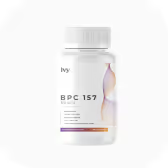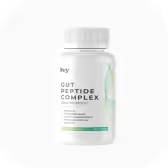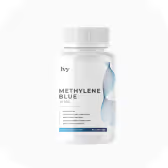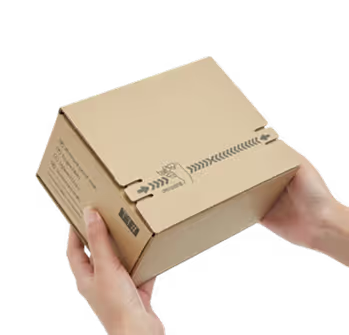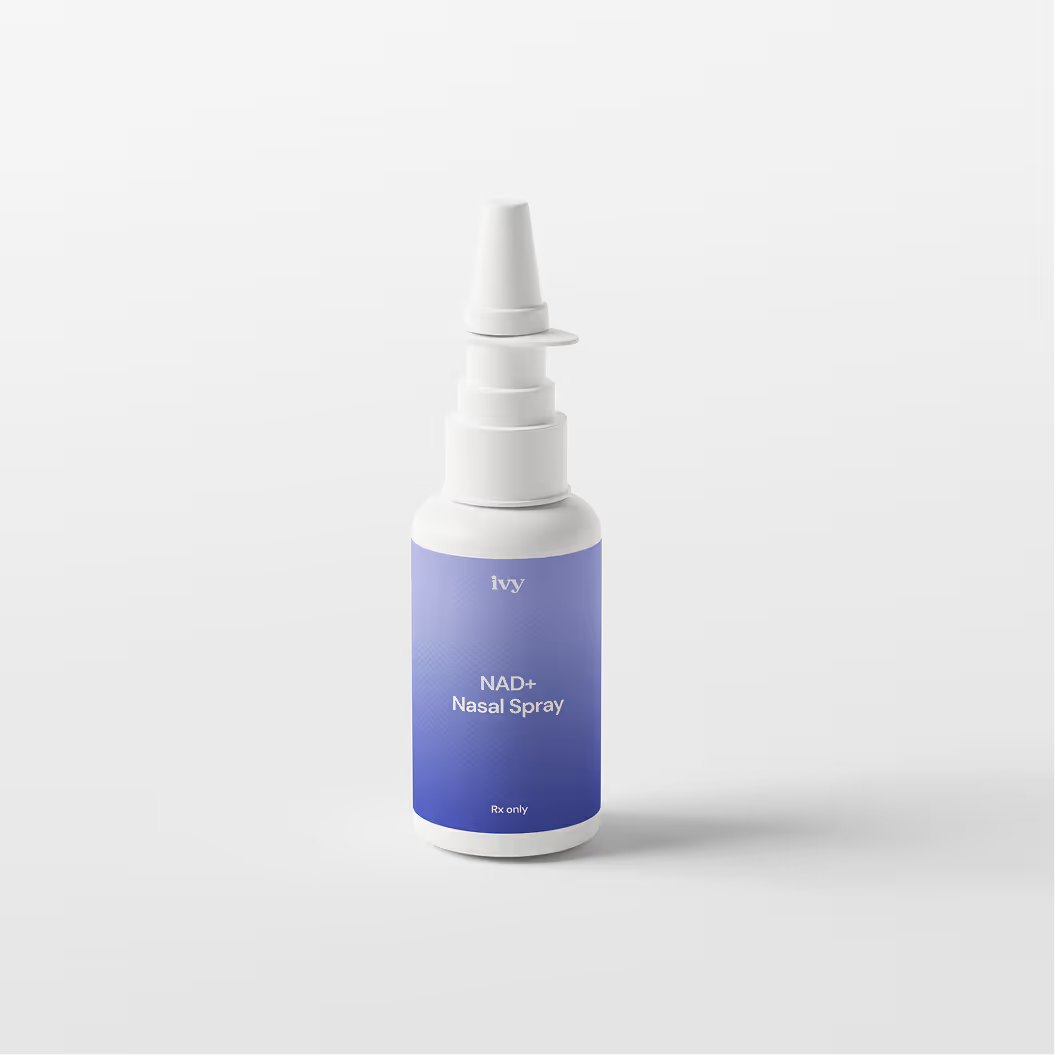


NAD+ Nasal Spray
From $179 (used daily)
Boost your energy, improve your focus, support cellular health, and become a healthier version of you with one of the most effective methods of restoring depleted NAD+ levels as you age.
Treatment tailored to your needs
Same price at every dose
No insurance required


How to take
NAD+ nasal spray is easy to use and quickly absorbed through the nasal membranes for fast delivery. Recommended dose: spray 1-2 sprays into each nostril once daily, or as directed by your provider.
Potential side effects
Some users may experience mild nasal irritation, runny nose, headache, or slight dizziness. These effects are typically temporary and go away with continued use.
Do I need insurance?
No insurance needed. IVY RX offers clear, upfront pricing and affordable generic options—making it easy and accessible to take care of yourself, no complications or surprises.
NAD+ naturally declines as you age
Showing a significant decrease after age 40. This decline affects cellular energy production, DNA repair, and overall metabolic function. Studies show NAD+ levels can drop by up to 50% between ages 40 and 60, contributing to various aging- related conditions.


Join 200,000+ patients feeling their best
Quality tested
Your medication is prepared in a state-licensed pharmacy, independently verified in FDA- and DEA-registered labs, and delivered to your door exactly when you need it.
Potency test
Confirmed every 3–6 months to stay within ± 10 % of the target strength
Sterility test
Screened for bacteria, fungi, and other contaminants to meet USP 797 standards
Endotoxicity test
Checked to USP 85 limits to ensure zero harmful bacterial toxins
pH test
Fine-tuned for a smooth, irritation-free injection

Why NAD+ nasal spray?
Infusion clinic
Hours tethered to a drip, premium pricing for every visit, have to juggle traffic & scheduling.
NAD+ nasal spray at home
Skip the clinic—get the power of NAD+ at home, on your schedule.
All your questions, answered
What is NAD+ and why does it matter?
Nicotinamide adenine dinucleotide (NAD+) is the co-enzyme that turns food into cellular energy and drives DNA repair. Research shows levels can decline up to 50 % by mid-life, contributing to sluggish metabolism and brain fog. Restoring NAD+ helps many people feel sharper, recover faster, and support healthy ageing.*
Do I need a prescription?
You do not need to have a pre-existing prescription or a referral to use IVY RX. After your online visit, if the medical professionals on our platform determine it is safe and appropriate, they will write a prescription for you.
Can I talk to a doctor?
Absolutely! You can quickly and securely message your care providers through our patient portal. Simply log in, choose your provider, and send them a message. It’s that easy!
How often do I use NAD+ nasal spray?
You can use your NAD+ nasal spray 1-2x daily or as directed.
How long before I start to feel benefits?
Generally, the effects may become noticeable within a few minutes to a couple of hours after administration. Most patients report experiencing increased energy, mental clarity, and improved mood shortly after using the spray.
NAD+ Nasal Spray: Important Safety Information
1. Introduction
- What is NAD+?
Nicotinamide Adenine Dinucleotide (NAD+) is a coenzyme found in every cell of the body, playing a key role in cellular metabolism, energy production, and other physiological processes. - Regulatory Status
NAD+ nasal spray has not been evaluated or approved by the U.S. Food and Drug Administration (FDA) for safety, effectiveness, or quality. If you prefer only FDA-approved treatments, please discuss alternatives with your healthcare provider.
2. Purpose & Potential Benefits
- Uses
Some practitioners provide NAD+ nasal spray for potential support of energy levels, cognitive function, or general well-being. - Limitations
Evidence for these uses is primarily anecdotal or based on limited research. This product is not intended to diagnose, treat, cure, or prevent any disease.
3. Contraindications
You should not use NAD+ nasal spray if:
- You have a known allergy or hypersensitivity to NAD+ or any ingredient in the nasal spray formulation.
- You are pregnant, planning to become pregnant, or breastfeeding without first discussing the risks and benefits with a qualified healthcare professional.
- You have severe or unstable medical conditions (e.g., advanced heart disease, uncontrolled diabetes, end-stage renal disease) without medical supervision.
4. Warnings & Precautions
- Not FDA-Approved
- NAD+ nasal spray is not regulated by the FDA, and its safety/efficacy profile for any particular medical condition is not established.
-
- Consult a Healthcare Professional
- Before starting NAD+ nasal spray, inform your healthcare provider about your medical history, current medications, and supplements.
- Discuss potential benefits, risks, and any necessary monitoring.
-
- Pre-Existing Nasal or Sinus Conditions
- If you have chronic sinusitis, nasal polyps, or any nasal/sinus abnormalities, use NAD+ nasal spray with caution and under professional guidance.
-
- Use in Specific Populations
- Safety in children, pregnant or nursing mothers, or immunocompromised patients is not well established.
- Avoid use unless the benefits clearly outweigh risks, as determined by a healthcare professional.
5. Potential Side Effects
Although many people tolerate NAD+ nasal spray without major issues, side effects may include:
- Nasal Irritation
- Burning, itching, dryness, congestion, or sneezing.
- If discomfort persists or worsens, discontinue use and consult a healthcare provider.
-
- Headache or Dizziness
- May occur soon after application.
- If severe, stop use and seek medical advice.
-
- Nosebleeds (Epistaxis)
- Nasal mucosa irritation can sometimes lead to minor bleeding.
- If nosebleeds are frequent or severe, discontinue and consult your provider.
-
- Allergic Reactions
- Hives, itching, swelling of the face, lips, tongue, or throat; difficulty breathing.
- Seek emergency care if you suspect a serious allergic reaction.
-
- Other Possible Effects
- Fatigue, restlessness, or changes in mood.
- Report any unexpected or concerning symptoms to your healthcare professional.
6. Drug Interactions
- NAD+ may theoretically affect how other medications are metabolized, given its role in cellular processes.
- Tell your healthcare provider about all prescription and over-the-counter medications, vitamins, and herbal products you are taking.
- Avoid combining with other nasal sprays unless advised by a professional, as ingredient interactions or additive irritation could occur.
7. Administration & Dosage
- How to Use
- Typically administered via a nasal applicator.
- Follow the specific instructions provided by the pharmacist or healthcare provider (e.g., number of sprays per nostril, frequency of use).
-
- Dosage
- There is no standardized dosing guideline for NAD+ nasal spray. Your provider may suggest a specific protocol based on your individual needs.
- Do not exceed the recommended dose without medical guidance.
-
- Technique
- Gently blow your nose before each use.
- Keep the bottle upright, insert the nozzle into one nostril, and administer the prescribed number of sprays while gently inhaling.
- Repeat in the other nostril if directed. Avoid sharing nasal spray devices to prevent the spread of infection.
8. Storage & Handling
- Temperature: Store at the temperature specified on the product label.
- Avoid Contamination: Keep the spray nozzle clean. Wipe and recap after each use.
- Expiration: Do not use beyond the expiration date. Discard if the solution changes color or appears cloudy.
9. Adverse Event Reporting
- Report Side Effects: If you experience severe or unexpected reactions, seek medical attention immediately.
- Contact the FDA: You can report suspected adverse reactions to the FDA’s MedWatch Program at 1-800-FDA-1088 or online at www.fda.gov/medwatch.
10. Disclaimer
- Not Evaluated by the FDA: These statements have not been evaluated by the FDA, and NAD+ nasal spray is not approved to diagnose, treat, cure, or prevent any disease.
- Consult a Professional: This information is for educational purposes only and should not replace professional medical advice.
- No Guarantee: Individual results and experiences may vary.
Questions or Concerns?
If you have any questions regarding NAD+ nasal spray, its usage, potential benefits, or side effects, please consult your qualified healthcare professional.

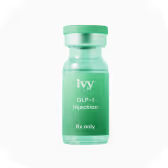

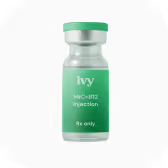


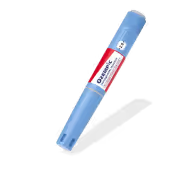

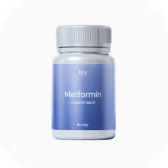

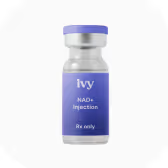
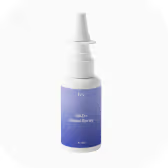

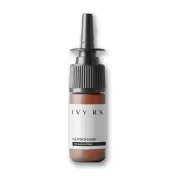
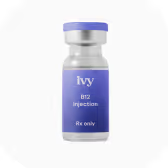
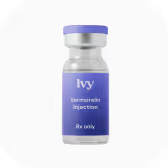
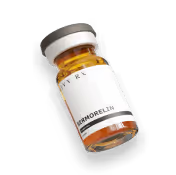
.avif)

